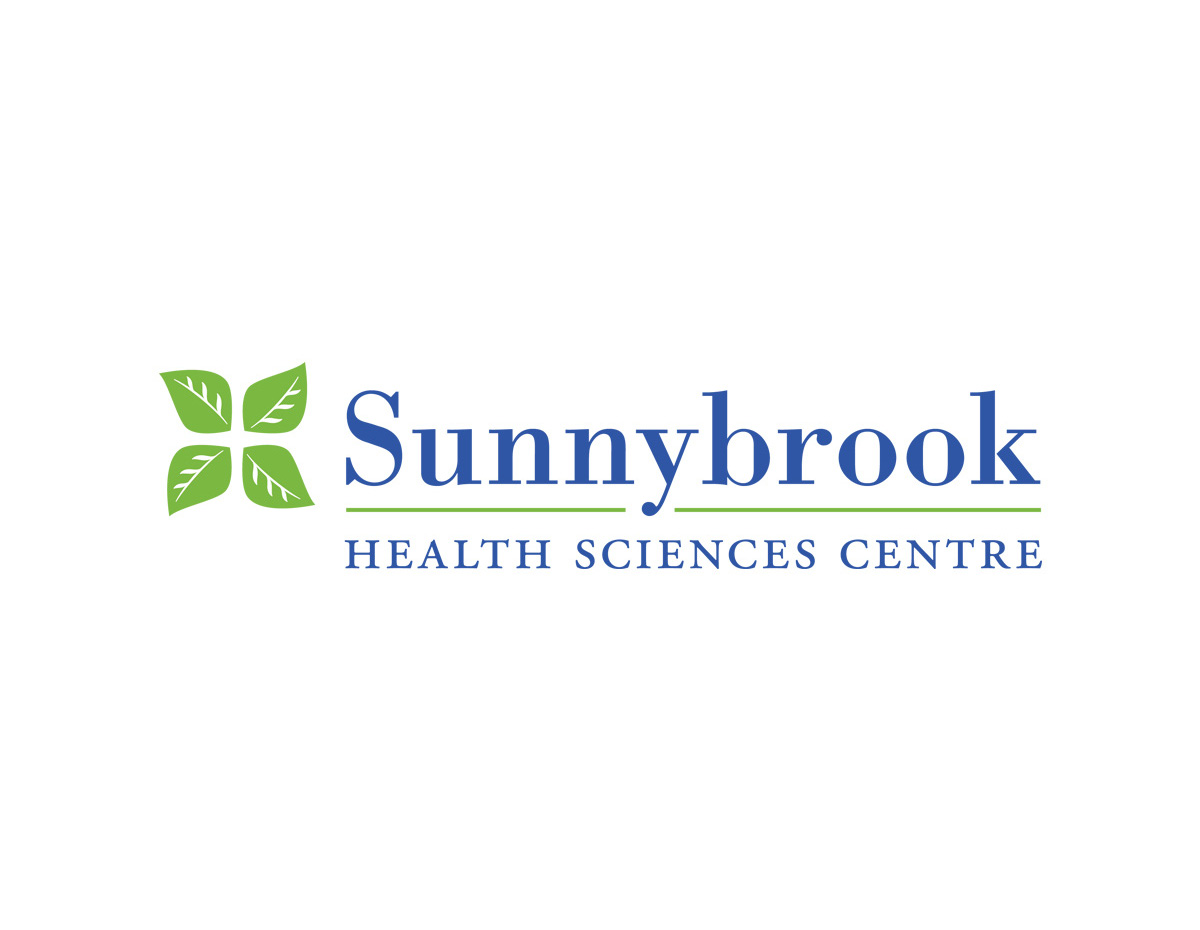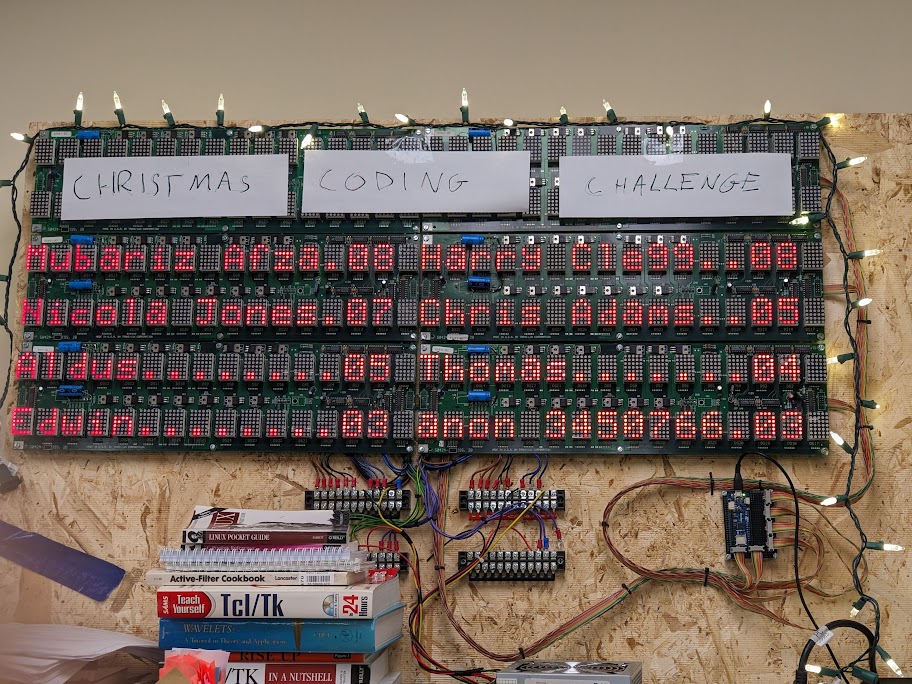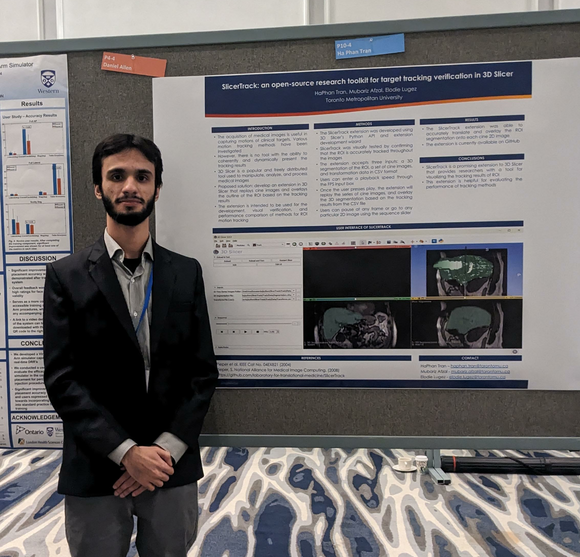At Sunnybrook I joined the software team at the Focused Ultrasound Lab responsible for developing pre-operative treatment planning (Python), and intra-operative treatment adminstration (C++) software for delivering focused ultrasound radiation into the brain. This focused ultrasound can enable the opening of the blood-brain barrier, and allow the deliverance of critical medicine into the brain non-surgically.
Some tasks I've worked on are developing the file I/O libraries, developing a tool to convert legacy treatment files to an updated structure, expanding test coverage, and assisting with the team-wide OS migration to Debian 12.
At the Laboratory for Translational Medicine I was tasked with developing SlicerTrack, a Python extension for the medical image analysis and manipulation software 3D Slicer. The extension's core function was to allow users to perform easy and dynamic tracking verification of an ROI, defined by a 3D segmentation, as it moves through a set of time-series MRI images.
Another translational research project I was assigned to involved the implementation of a Python program that could perform C. Elegans worm detection using YOLOv5.
During my internship at IBM Canada I joined the C/C++ on z/OS compiler backend team. I was responsible for improving and maintaining all aspects the compiler performance measurement pipeline. This involved writing code that could work with the SPEC benchmark suites, CI/CD tooling, and remote performance machines.
I was also able to contribute to the compiler backend with a fix related to how 32-bit floating-point variadic arguments are allocated to their registers, according to the XPLINK64 calling convention.



















